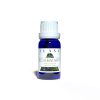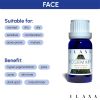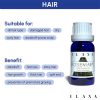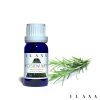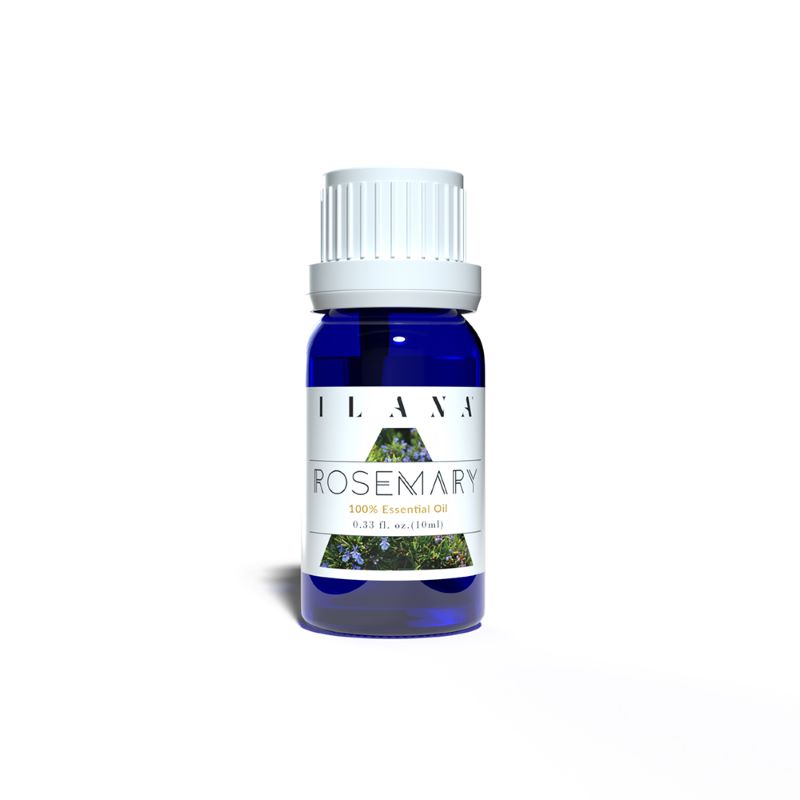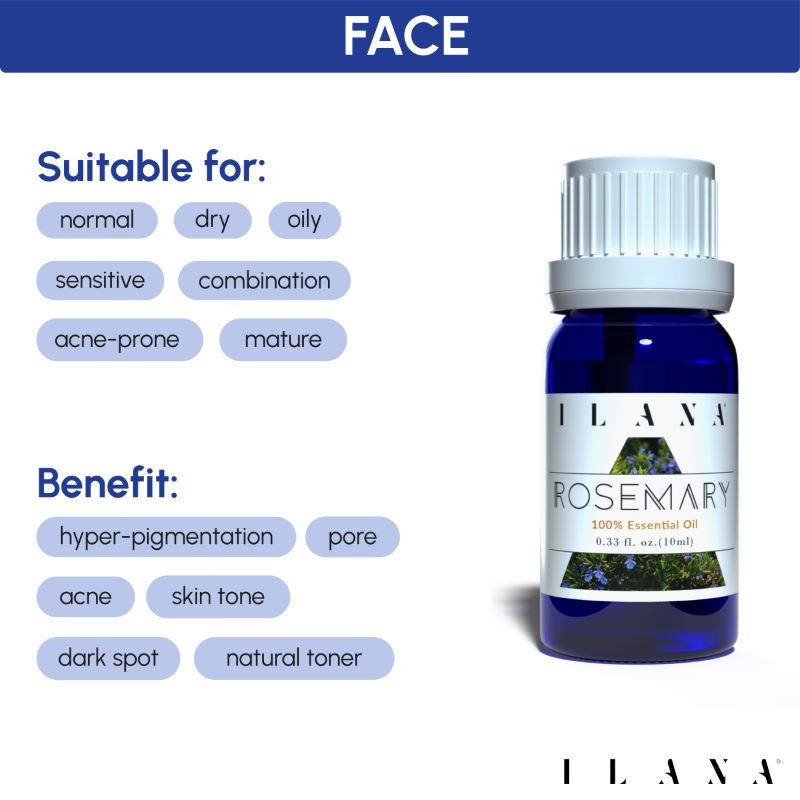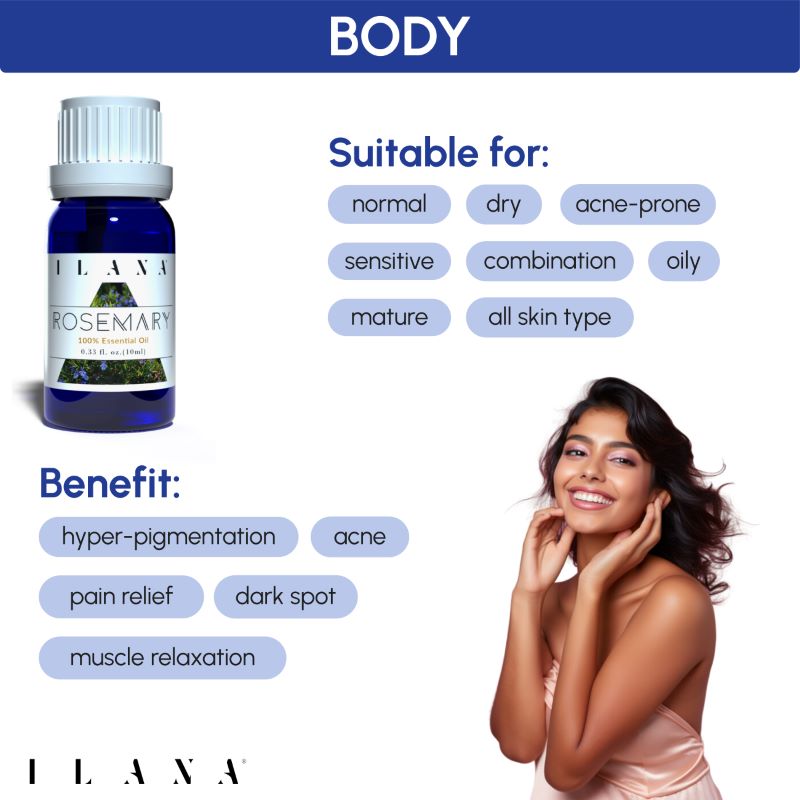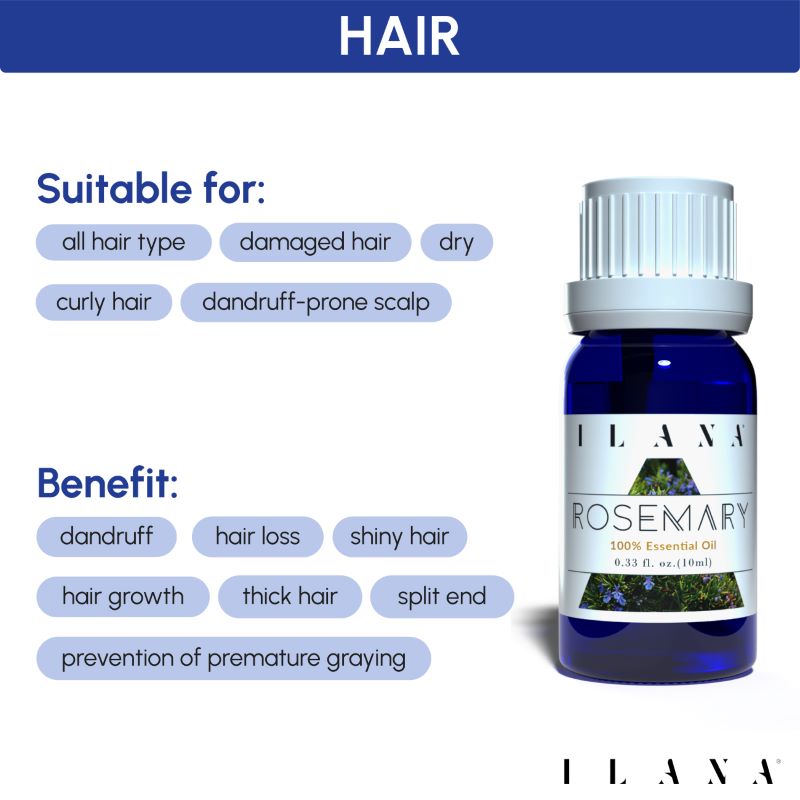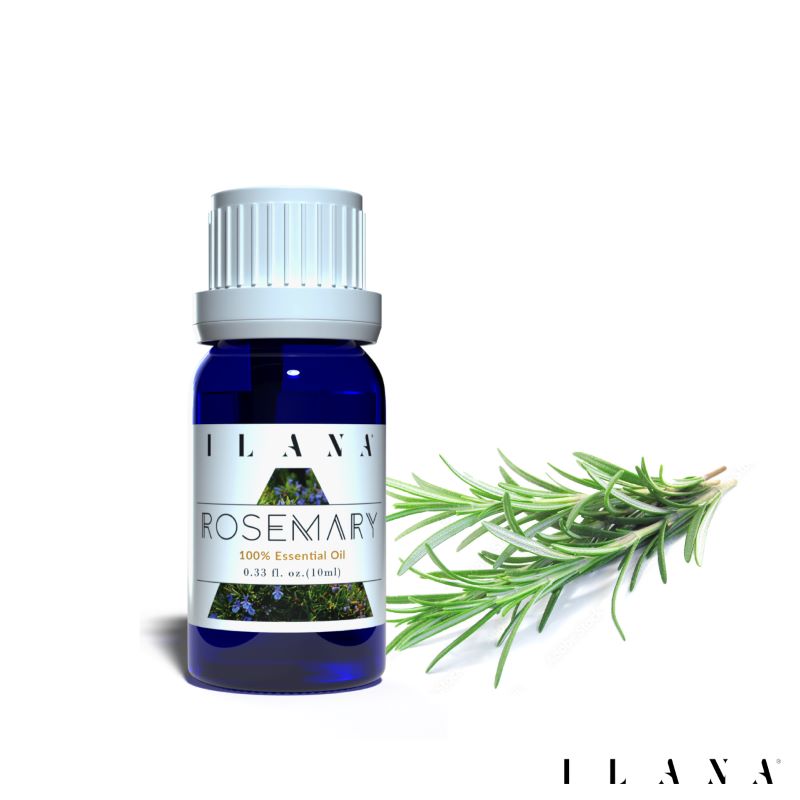- Is it safe to apply undiluted rosemary essential oil directly to the skin for skin care?
Answer: No, it is not safe to apply undiluted rosemary essential oil directly to the skin. Essential oils are highly concentrated and can be irritating or cause allergic reactions when applied undiluted. Always dilute rosemary essential oil with a suitable carrier oil before using it on the skin.
- Can rosemary essential oil help with acne?
Answer: Yes, rosemary essential oil has antimicrobial properties that can help combat acne-causing bacteria. Diluted rosemary oil may be used as a spot treatment or added to skincare products to aid in acne control.
- Does rosemary essential oil reduce wrinkles and fine lines?
Answer: Rosemary oil contains antioxidants that may help protect the skin from oxidative stress, potentially reducing the appearance of wrinkles and fine lines over time.
- Can I use rosemary essential oil to lighten dark spots and blemishes?
Answer: Yes, the antioxidant properties of rosemary oil may contribute to reducing the appearance of dark spots and blemishes when applied consistently over time. However, results may vary from person to person.
- Is rosemary essential oil suitable for sensitive skin?
Answer: Rosemary oil can be irritating to sensitive skin, so it is important to dilute it properly with a carrier oil and perform a patch test before using it extensively. If you have extremely sensitive skin or a history of skin allergies, it’s advisable to consult a dermatologist before using rosemary oil.
- Can I use rosemary essential oil for oily skin?
Answer: Yes, rosemary oil’s astringent properties make it suitable for oily skin. It can help control excess oil production and promote a balanced complexion when used appropriately in skincare routines.
- Is rosemary essential oil safe for use during pregnancy?
Answer: Pregnant individuals should consult with a healthcare professional before using rosemary essential oil during pregnancy, as it is advisable to exercise caution with essential oils during this time.
- How can I incorporate rosemary essential oil into my skincare routine?
Answer: You can add a few drops of diluted rosemary essential oil to your moisturizer, cleanser, or toner. Alternatively, use it in a homemade facial mask or steam treatment. Always ensure proper dilution to avoid skin irritation.
- Can rosemary essential oil help with scalp health and hair growth?
Answer: Yes, rosemary oil is often used to improve scalp health, control dandruff, and stimulate hair growth. It can be applied to the scalp with a carrier oil or added to hair care products.
- Is it safe to use rosemary essential oil around the eyes?
Answer: No, it is not recommended to use rosemary essential oil directly around the eyes, as it can be irritating. Keep essential oils away from the eye area and mucous membranes.
- Can rosemary essential oil regrow hair?
Answer: While rosemary essential oil is believed to stimulate hair follicles and promote hair growth, individual results may vary. It can contribute to healthier hair and potentially reduce hair thinning, but it may not regrow hair in all cases.
- How should I dilute rosemary essential oil for hair care?
Answer: A common dilution ratio is 3-5 drops of rosemary essential oil per tablespoon of a carrier oil, such as jojoba or coconut oil. Adjust the dilution based on your hair type and sensitivity.
- How often should I use rosemary essential oil for hair growth?
Answer: You can use rosemary oil 2-3 times per week for hair care. Consistency is key, so establish a routine that works for you.
- Can I leave rosemary oil on my hair overnight?
Answer: Yes, you can leave a diluted rosemary oil mixture on your hair and scalp overnight for an intensive treatment. Cover your hair with a shower cap or towel to avoid staining your bedding.
- How long does it take to see results when using rosemary essential oil for hair growth?
Answer: Hair growth results vary from person to person. Some individuals may notice improvements in hair texture and thickness within a few weeks, while others may take several months to see noticeable changes.
- Can rosemary oil help with dandruff and an itchy scalp?
Answer: Yes, rosemary essential oil has antimicrobial and anti-inflammatory properties that can help reduce dandruff and soothe an itchy scalp. Regular use may improve overall scalp health.
- Is rosemary essential oil safe for color-treated hair?
Answer: Rosemary oil is generally safe for color-treated hair. However, it’s advisable to perform a patch test and ensure proper dilution to prevent any potential color fading or changes.
- Can I use rosemary essential oil on children’s hair?
Answer: While rosemary oil is generally safe for most adults, it’s best to consult with a pediatrician or healthcare professional before using it on children’s hair, as their skin can be more sensitive.
- Can I apply rosemary essential oil directly to my scalp without dilution?
Answer: It is not recommended to apply undiluted rosemary essential oil directly to the scalp, as it can be irritating. Always dilute it with a carrier oil to prevent skin irritation.
- Does rosemary oil have any side effects for hair care?
Answer: Rosemary oil is generally safe when used as directed. However, some people may experience skin irritation or allergic reactions. Perform a patch test before using it extensively on your scalp and discontinue use if you experience any adverse effects.
